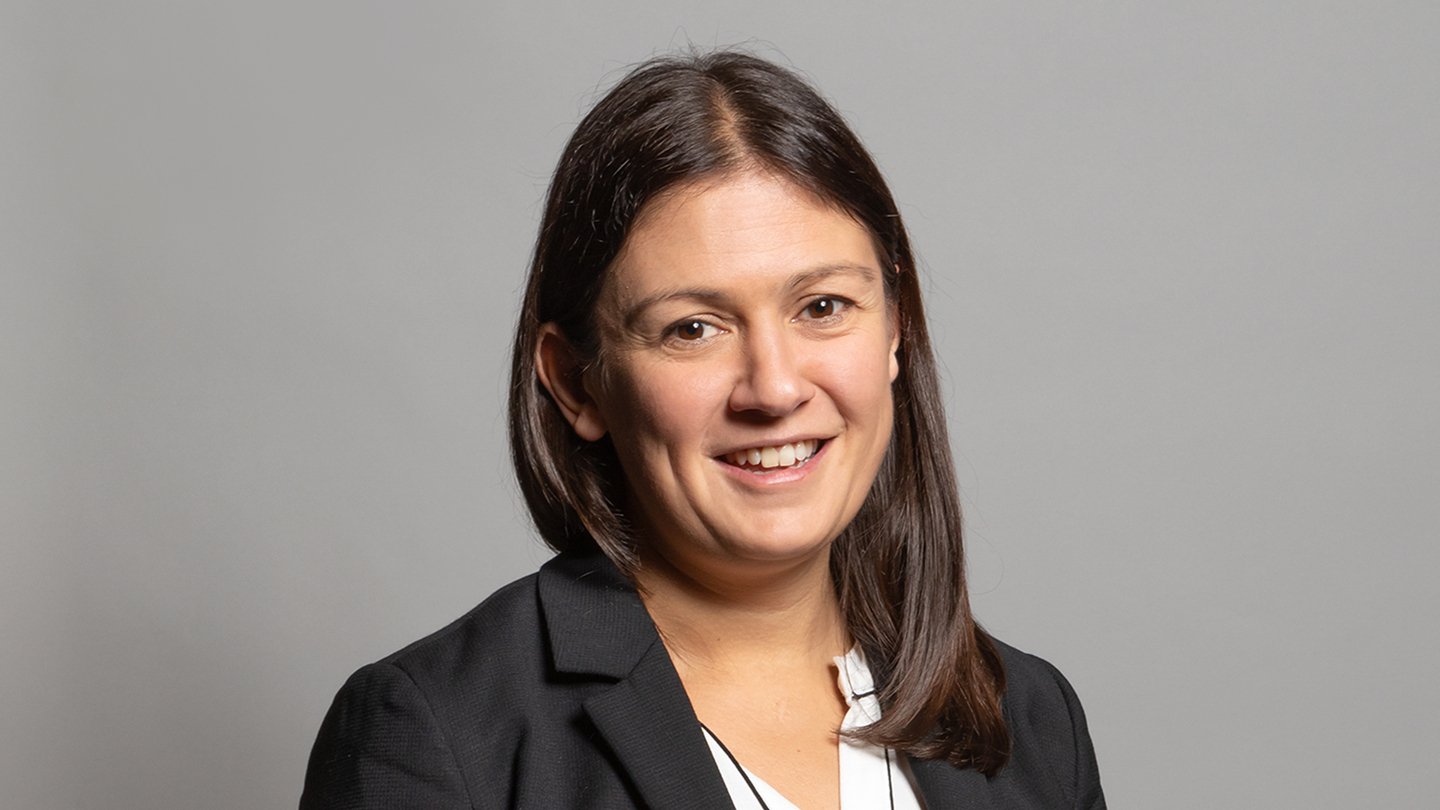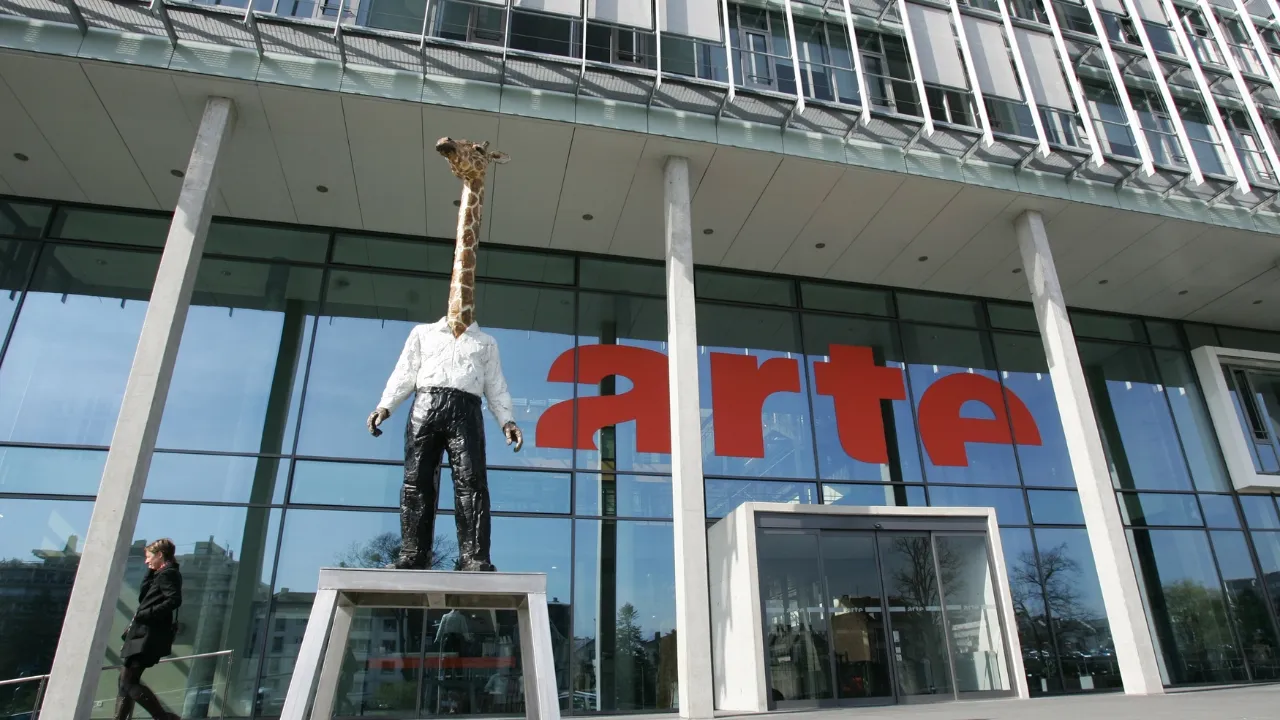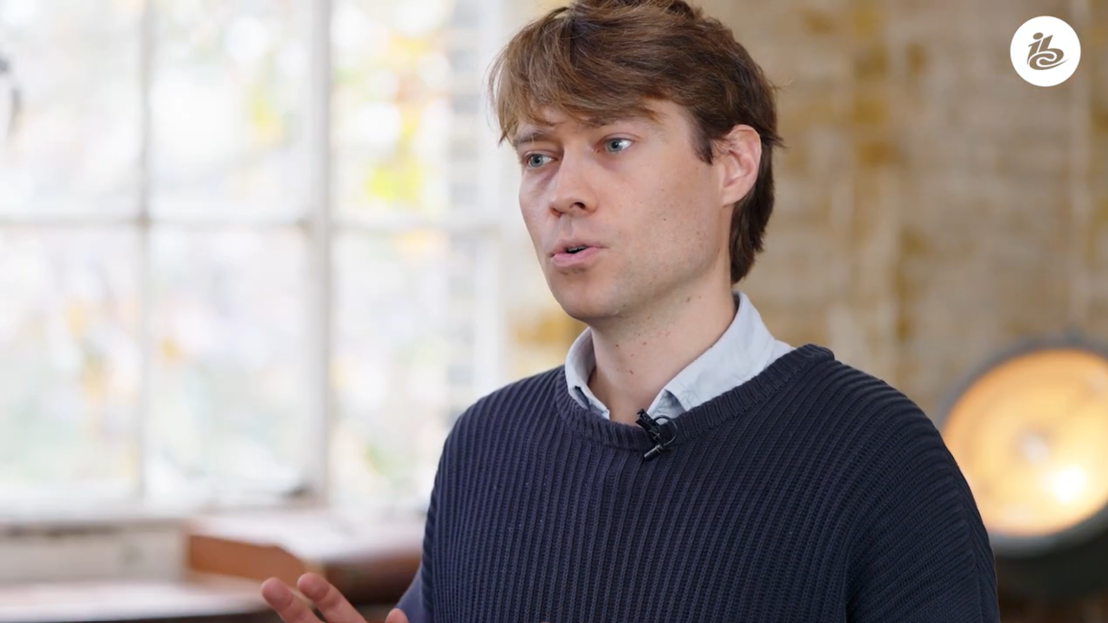As the Audiovisual Anti-Piracy Alliance issues its inaugural five-year manifesto, Executive Director Miruna Herovanu tells David Davies about the need for fresh measures to tackle problems such as live content piracy.
Published on 1 October 2024, the 2024-2029 EU Manifesto from the Audiovisual Anti-Piracy Alliance (AAPA) lays out the economic significance of the content industries and the challenges they currently face in protecting their wares in stark detail. It also calls for new legislation and the toughening up of existing laws to help limit the impact of piracy, which as the document notes, extends “beyond immediate economic losses”. It adds: “They undermine the financial viability of legitimate services, reduce the quality and diversity of content available to consumers, and weaken the overall economic fabric by evading taxation and social contribution.”
The manifesto, which is a first for the organisation, is a compelling overview and call to action from AAPA, which is concentrated on “leading the charge against audio-visual piracy” on behalf of companies in Europe and beyond. Its membership encompasses rights owners, broadcasters, security technology providers, and manufacturers of products that enable the delivery of secure audio-visual content...
You are not signed in.
Only registered users can view this article.

UK launches copyright consultation for creative industries and AI developers
The UK government has launched a consultation looking at how copyright-protected material can be used to train AI models.

Shinfield Studios’ Nick Smith and Ian Johnson to retire
Shinfield Studios’ joint Managing Directors Nick Smith and Ian Johnson are to retire from their positions at the end of the year.

BBC and ITV confirm rights deal for FIFA World Cup 2026 and 2030
BBC Sport and ITV have agreed a deal for live coverage of the FIFA World Cups in 2026 and 2030 across TV, audio and digital platforms.

US writers call on Hollywood studios to take action against AI firms
The Writers Guild of America (WGA) has called on Hollywood studios to “come off the sidelines” and prevent tech companies from allegedly using its members’ works to train AI platforms.

Arte joins European Broadcasting Union
Arte, the Franco-German public service broadcaster, has become the newest member of the European Broadcasting Union (EBU).



